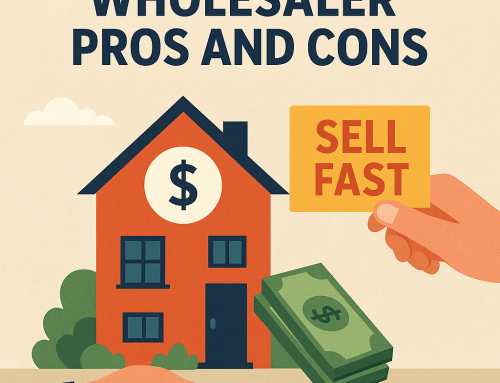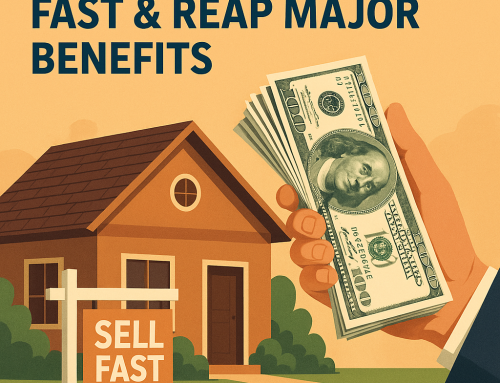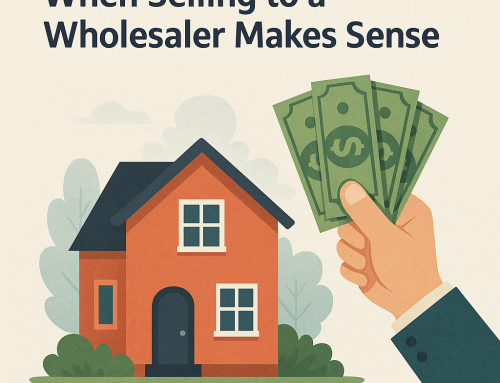- Selling Through a Real Estate Agent
- Pros
- Cons
- Selling to a Wholesaler
- Pros
- Cons
- Making the Right Choice
- Conclusion
When considering selling a property, many homeowners quickly realize they have options. Two of the most common routes are working with a real estate agent or engaging a wholesaler. Each path has distinct advantages and disadvantages, especially for those looking to sell their homes quickly. Understanding how each option works can help you determine the best fit for your needs.
Selling Through a Real Estate Agent
Real estate agents are licensed professionals who help homeowners list and sell their properties. They typically earn a commission based on the final sale price, which can range from 5% to 6%.
Pros
1. Professional Guidance: Real estate agents possess in-depth knowledge of the market, helping set a competitive price. Their expertise can result in a higher final sale price.
2. Marketing Reach: Agents utilize multiple listing services (MLS) and other marketing channels to attract potential buyers, increasing visibility and interest in the property.
3. Negotiation Skills: A seasoned agent can negotiate effectively, ensuring that homeowners don’t leave money on the table when closing the deal.
4. Handling Paperwork: Selling a home involves considerable paperwork. An agent can manage this complexity, easing the burden on the homeowner.
Cons
1. Time Consumption: The process can take longer than expected, as homes may not sell immediately. This can be frustrating for those who need to sell their homes quickly.
2. Commission Fees: The commission taken by agents can significantly reduce the net proceeds from the sale, especially in a competitive market.
3. Variable Quality: Not all agents have the same level of skill or dedication, which can impact the selling experience and outcome.
Selling to a Wholesaler
Wholesalers operate differently. They usually purchase properties below market value with the intent to quickly resell them to investors or buyers. For homeowners needing a fast sale, this could be a viable option.
Pros
1. Speed of Sale: Wholesalers can often close deals within days as they typically have cash ready to buy homes. This is ideal for those looking to sell their homes fast.
2. Less Hassle: The process is straightforward, with little to no repairs or staging needed before the sale. Homeowners can sell their homes As-Is.
3. Direct Cash Offers: Wholesalers often provide cash for home offers, eliminating the waiting period associated with traditional mortgage transactions.
4. No Commission Fees: Since wholesalers buy properties directly, sellers do not have to pay commissions, potentially saving significant fees.
Cons
1. Lower Sale Prices: Wholesalers purchase homes at a discount, meaning sellers might receive less than they would through a conventional sale.
2. Limited Services: While wholesalers can expedite the sale, they typically don’t offer the same level of marketing or negotiation assistance as real estate agents.
3. Market Knowledge: Some wholesalers may not have a comprehensive understanding of the local market, potentially affecting the offer price.
Making the Right Choice
Deciding between a wholesaler and a real estate agent ultimately depends on your specific circumstances. If you’re looking to sell your home fast with minimal effort and need cash for home, a wholesaler may be the right choice for you. However, if maximizing your profit and taking a little extra time aren’t obstacles, a real estate agent could provide the expertise you need.
Conclusion
Both wholesaling and traditional real estate transactions offer viable options for selling a home, each with its unique pros and cons. Consider your priorities—whether that’s speed, profit, or convenience—before making your decision. Understanding your needs will help you navigate the selling process more effectively and align your sale strategy with your goals.




